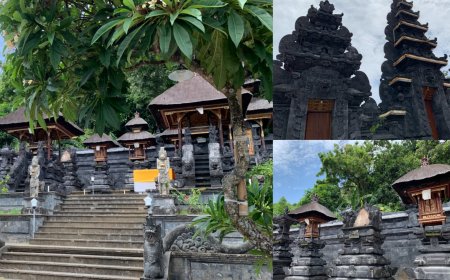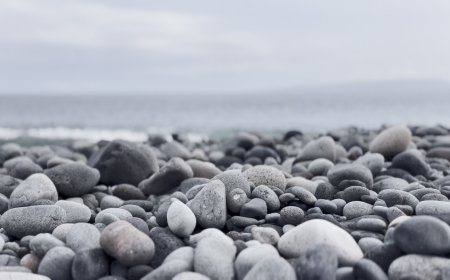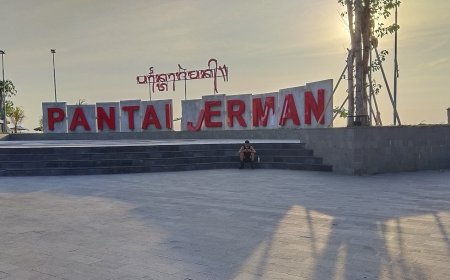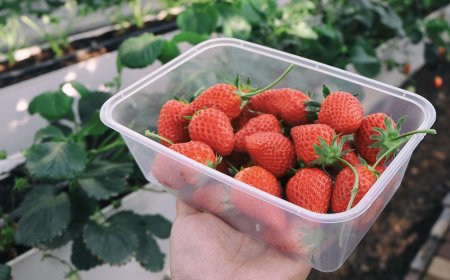Subak Sembung Ecotourism: Walking in the Middle Vast Expanses of Rice Fields
Denpasar residents, especially in the Peguyangan area, North Denpasar, Bali, have an environmentally based tourist attraction, known as ecotourism, located in the heart of the city. Residents on the outskirts of Denpasar have the rare opportunity to enjoy leisurely walks amidst vast rice fields, offering a unique and refreshing tourist experience amidst the hustle and bustle of the urban environment.
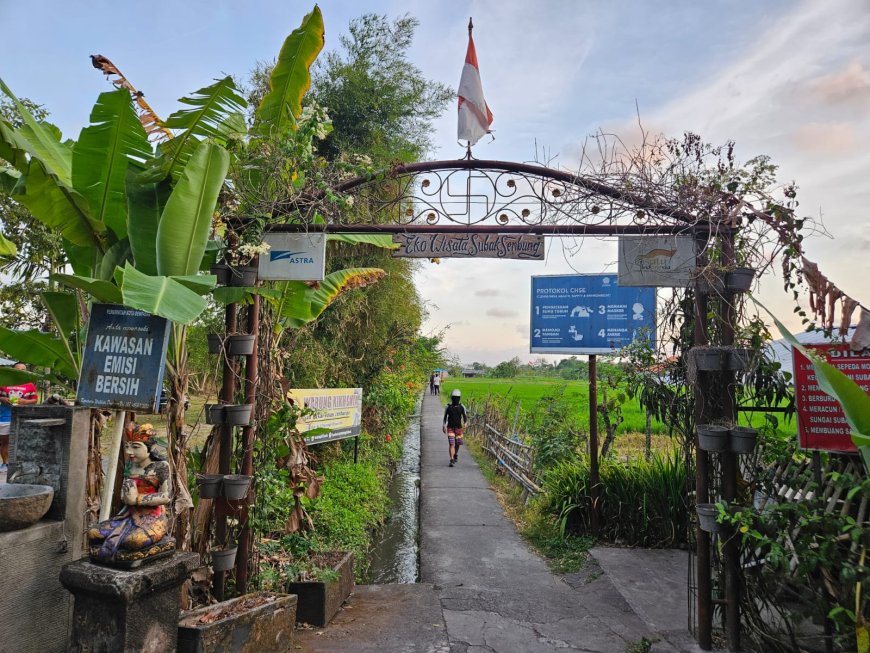
Bali, an island known for its natural beauty, is home to an attractive ecotourism destination located in the Peguyangan area of North Denpasar. This place not only offers captivating tourist attractions but also serves as a jogging location, providing the opportunity to enjoy a leisurely walk amidst the vast and green rice fields.
This captivating ecotourism spot is known by the name of Subak Sembung and has become an attraction for both local residents and tourists from outside the island. This ecotourism destination is not only a stunning tourist spot but also plays a role in preserving the environment in Denpasar. The extensive rice field area covers approximately 115 hectares, which has been repurposed into a tourist spot that allows visitors to purchase fresh vegetables and enjoy a comfortable jogging area.
Subak Sembung was originally built with the aim of improving the livelihoods of farmers. Before transforming into Subak Sembung Ecotourism, the farmers in the Peguyangan Village were part of an irrigation management group known as subak, and they received assistance and guidance from the Environmental Agency of Denpasar and the Environmental Education Center of Udayana. However, this support effort was briefly halted until it was eventually continued by a non-governmental organization known as Environmental Education Center Bali. Environmental Education Center Bali diligently carried out various efforts to transform Subak Sembung into a solid and professional tourism group. So, Subak Sembung has been in existence since 2014.
The jogging area consists of a path (known as "paping") that is approximately 2 meters wide and ranges in length from 1 to 3 kilometers. It is built in a circular pattern amidst the beautiful rice fields. Along the edge of this jogging area, there is a smoothly flowing water canal serving as a boundary and providing irrigation for the surrounding fields. Visitors often utilize this jogging area for exercise or simply for leisurely walks while enjoying the refreshing fresh air. The jogging area in Subak Sembung follows the enchanting course of the rice fields. As you enter Subak Sembung, the initial path is flat, but as you venture deeper, you will encounter descents and gentle inclines. Subsequently, the path levels out again, creating a diverse and captivating jogging experience for visitors. Additionally, in the Subak Sembung Ecotourism, there are gazebos scattered along the edge of the fields, providing comfortable resting spots for visitors. These gazebos allow visitors to relax while enjoying the beautiful view of the rice fields.
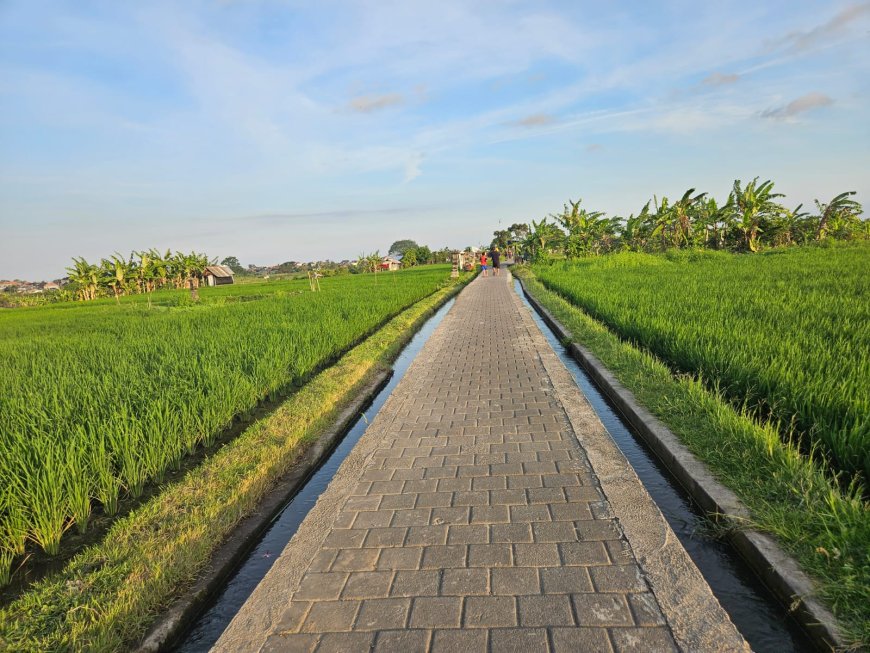
Subak Sembung Jogging Track (Photo Source: Editorial Collection)
In addition to exercising or simply taking a leisurely stroll while enjoying the beautiful rice field scenery, visitors also have the opportunity to purchase freshly harvested vegetables from the local farmers. Some small stalls opened by the farmers are set up to sell their agricultural products to the visitors. In fact, there are even some vendors selling their produce right at the edge of the jogging area. So, not only is it affordable in terms of price, but the vegetables sold by the farmers at this location are also fresher compared to those available elsewhere. In Subak Sembung Ecotourism, you can experience the unique sensation of shopping directly from the farmers who cultivate and produce these fresh vegetables.
Subak Sembung Ecotourism also plays a vital role in environmental conservation and contributes to saving rice fields and preventing potential floods. The rice field area in Peguyangan is one example of a green space that is still preserved in the capital city of Bali Province. According to data provided by the Denpasar City Government, the remaining rice field area in Denpasar is currently only about 2,506 hectares. Land conversion in Denpasar is among the fastest compared to other regions, such as Gianyar, Bangli, and Karangasem. This is because of its position as the capital city, which has rapidly transformed open land in Denpasar into residential areas.
When visiting this place during a holiday, not only can you have recreation, but at the same time, your visit here is also an active form of support for environmental preservation in Denpasar, helping to maintain the valuable rice fields and minimize the risk of floods. Subak Sembung Ecotourism is a perfect choice as one of the main tourist destinations when visiting the city of Denpasar. Here, visitors can experience the charm of vast rice fields while enjoying a variety of delicious Balinese snacks. To this day, the Denpasar City Government continues to make strenuous efforts to develop the tourism sector, including ecotourism, with Subak Sembung being a tangible example of these efforts.




